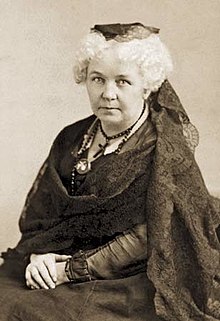Well, the political conventions have ended, and the "real" campaign begins. What will it hold? Though it's hard to say, specifically, we can be confident that it will undoubtedly involve hyperbole, invective, lies, and slander, all of which will be aimed at the other side. Unfortunately, I fear that the bulk of such things will emanate from the party that claims (or at least wants to convince people that it does) to have God on its side.
Why? Power is a dangerous thing. As I was noting last week, power needs religion much more than religion needs power. When religion employs power in the pursuit of its goals, it stumbles badly, very badly. Similarly, when power employs religion in the service of its worldly objectives, it misses the point, usually deliberately.
The frequently cited evidence that Pope Pius XII systematically ignored or failed to respond to the Holocaust during World War II is a case in point. Preserving the Church's power, it seemed, was more important than saving Jewish lives. In our present day, the equation has not changed. Is theological preservation more important than personal integrity?

 It is a view with roots in the late nineteenth century. When philosopher Friedrich Nietzsche noted that society had, by ignoring God, killed him, he added that, on balance, this was a positive development in humanity's journey. As God once provided a fulcrum by which we might measure meaning, his absence, Nietzsche suggested, offers people a new way to view such things. We no longer need "meaning," he noted; we are better served to jettison it altogether. It restricts our progress, it limits our ken. It is really not important.
It is a view with roots in the late nineteenth century. When philosopher Friedrich Nietzsche noted that society had, by ignoring God, killed him, he added that, on balance, this was a positive development in humanity's journey. As God once provided a fulcrum by which we might measure meaning, his absence, Nietzsche suggested, offers people a new way to view such things. We no longer need "meaning," he noted; we are better served to jettison it altogether. It restricts our progress, it limits our ken. It is really not important.


